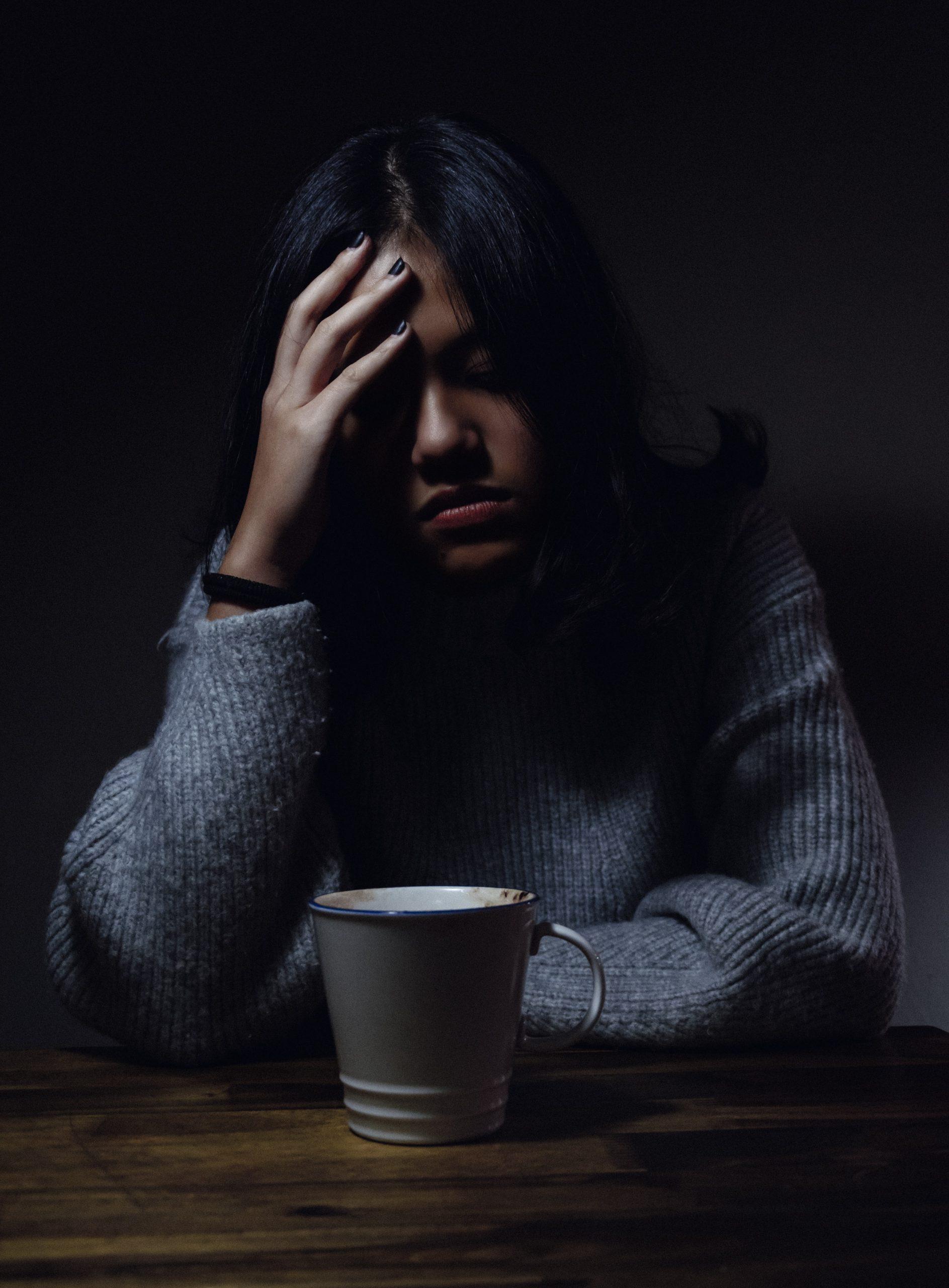The Taboo of Depression and Other Mental Illness
It is not easy to talk about mental health. One report estimates that 1 in 10 people worldwide have dealt with some type of mental illness or depression. When you break an arm, you can see it. There is a cast that people can write on. Mental illness is hidden. Sometimes you can’t see a feeling. People feel isolated. Many don’t know what to say when they share their feelings. There is no way to say get well soon. We still feel uncomfortable speaking about mental illness in entertainment programs, even though there have been more online campaigns. Mental illness is a taboo subject and there are many myths associated with it. I want to speak to some common myths about depression and the truths about mental illness, specifically depression.
The current system attempts to create protocols that lead to a diagnosis and eventually a treatment for depression. The current method looks at the effects of upstream issues. Consider the following examples. One of the most accepted theories around depression is that there is a deficiency of the brain chemical serotonin. Serotonin makes us feel happy and blissful, and not depressed. If people are deficient, where do we get the strontium to fix it? One of the first questions I ask my clients is if they are getting enough nutrition.

You might be wondering what the relationship is between the two. Serotonin is made from something. There is a specific amino acid called tryptophan which converts into the drug Serotonin. My client can’t make the neurotransmitters they need for proper nervous system function if they’re deficient in one of the key genes. Depression has been linked to the function of the thyroid. Depressive symptoms can be linked to small decreases in thyroid function and hormone. Toxic overload is a possible cause of depression. Our nervous system is mostly made up of fat and heavy metals, and many chemicals have an affinity for fat. Toxicity can cause many psychological symptoms and neurological conditions. Multiple studies have shown that depressed people are more likely to have low blood sugar. I stress to parents that they need to control their children’s blood sugar levels. Various vitamins and minerals have been linked to depression. There are a number of factors that can lead to the end point of depression. According to an analysis published in the British Medical Journal, the best treatment for depression is not Prozac, but placebo. According to the research, antidepressants should only be used in depressed patients. The politics behind the research and why placebo-controlled trials are sometimes misleading are detailed in Dr. Peter Breggin’s landmark book, Talking Back to Prozac: What Doctors Aren’t Telling You About Today’s Most Controversial Drug. One of the issues with the research is that Eli Lilly, the manufacturer of Prozac, ran 10 clinical trials and 6 of these trials showed no benefit over a placebo. There were only 286 subjects in the four studies that showed a positive effect. The numbers show that placebo and drugs were equally beneficial. The FDA requires at least two studies with positive results, but does not limit the number of studies without beneficial results. The risks and benefits of taking a drug need to be taken into account. There are many side effects of antidepressants, including nausea, headaches, anxiety and nervousness, insomnia, and drowsiness. The increased risk of suicide and violent behavior is the most disconcerting effect of taking antidepressants. Serotonin reuptake inhibitors double the risk of suicidal thinking compared to placebos. Kids who have shot up schools and celebrities who have taken their own lives have used these drugs. The risk of suicidal thoughts was mentioned in the FDA’s black box warning on all antidepressants in 2004. The action is close to taking a drug off the market. There are many theories as to why people develop depression and what the best treatment options are. Some people may need medical treatments, but they don’t have to be the first step or the only step taken. Some people may need a combination of medicines, diet and lifestyle changes. There are certain things that will help anyone with their mental health. Eat a whole foods diet with many vegetables and spend time in nature Expose yourself to full-spectrum lighting, ideally from the sun and avoid energy-vampires. Life is about emotion, even when you don’t feel like it. It is a journey filled with highs and lows, successes and failures, life and death. Being human is natural. Sometimes being sad is normal. If it becomes pathological, you need to step back, determine what skills you need, what vitamins you need, and find someone who can help you find them. Our birthright is happiness.






